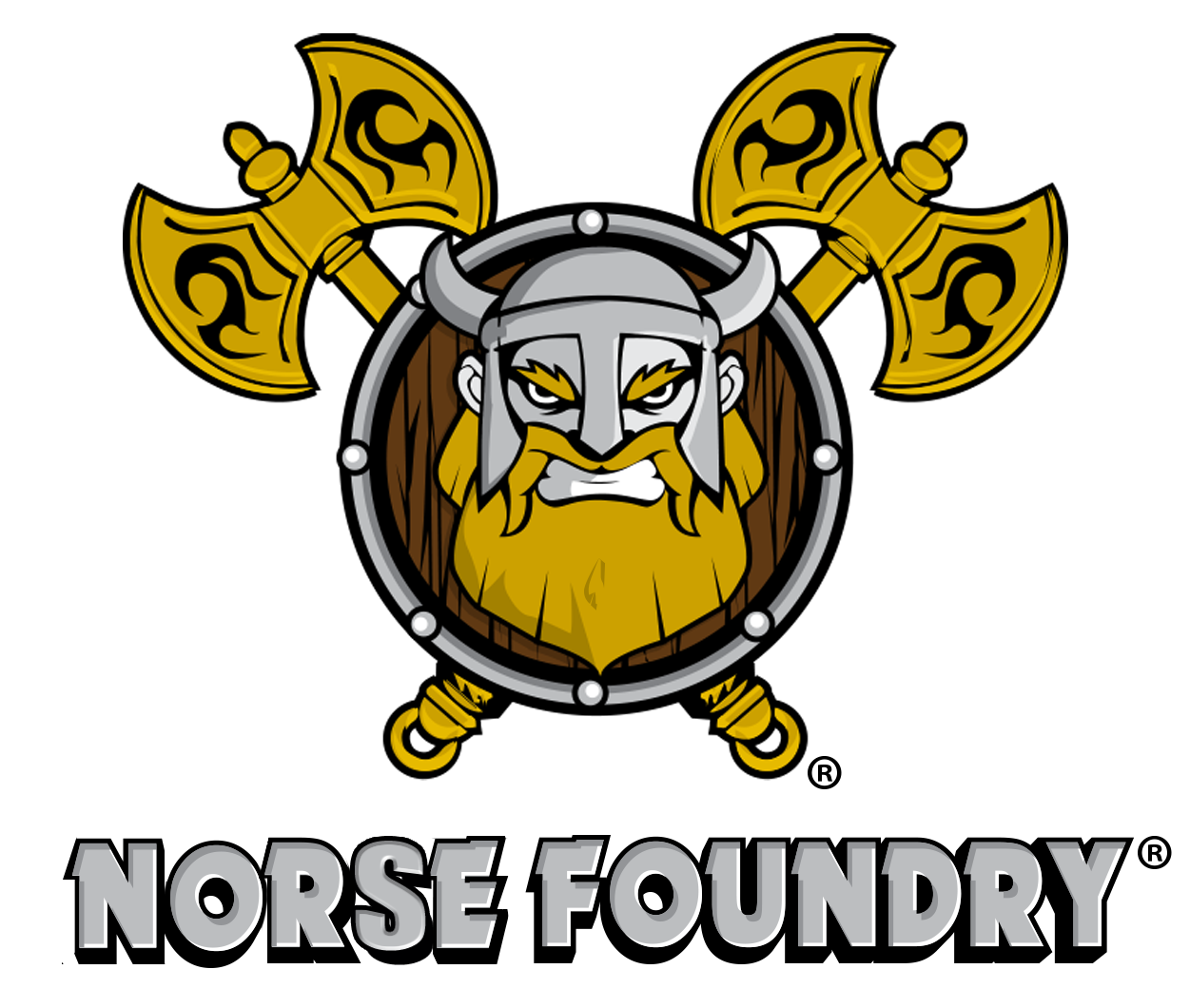Author: Chris Katrev
How does point buy work in D&D 5th edition?
Character creation stands as a pivotal moment in the early stages of any Dungeons & Dragons campaign. Before delving into combat or unraveling mysteries, crafting a character that resonates with you is paramount. While many opt for rolling dice to determine their character's attributes, an alternative method known as "point buy" exists. This approach offers a structured way to allocate ability scores, providing players and Dungeon Masters alike with a strategic tool to shape characters to their liking. Though less conventional, point buy warrants consideration as a valuable option in the realm of character creation.
What is Point Buy?
In Dungeons & Dragons 5th edition, "point buy" offers a structured method for allocating ability scores during character creation.
Here's a breakdown of how it works:
- Each ability score (Strength, Dexterity, Constitution, Intelligence, Wisdom, and Charisma) begins at a base score of 8.
- Players have 27 points to distribute among their ability scores.
- Increasing an ability score requires spending points according to the following chart:
Ability Score Point Cost
|
Score |
Cost |
|
8 |
0 |
|
9 |
1 |
|
10 |
2 |
|
11 |
3 |
|
12 |
4 |
|
13 |
5 |
|
14 |
7 |
|
15 |
9 |
4. Players cannot lower an ability score below 8 using point buy, and the total points spent must not exceed the maximum allowed.
Once points are allocated, the character's ability scores are finalized, marking the completion of this step in character creation.
The number of points allocated to players in point buy varies based on campaign rules or Dungeon Masters discretion. Typically, the standard point buy system in D&D 5th edition provides 27 points for this purpose, offering a balanced approach to character creation. It's advisable to consult with your Dungeon Masters to confirm the specific number of points available when using point buy.
Benefits & Drawbacks of Point Buy
Point buy is an unconventional approach to character creation, but it offers unique benefits that appeal to certain Dungeon Masters. Here's a look at the advantages and disadvantages of the point buy system.
Advantages
Control: Point buy grants players more control over their character's strengths and weaknesses, facilitating the creation of tailored characters that align with their playstyle and backstory.
Balance: This method helps maintain balance among party members, ensuring no individual character is significantly overpowered or underpowered compared to others.
Fairness: Point buy fosters fairness by providing all players with an equal opportunity to create characters with strong abilities, eliminating disparities that can arise from random rolling.
Predictability: Point buy yields more predictable outcomes compared to random rolling, resulting in more consistent ability scores across characters.
Disadvantages
Limited Creativity: The structured nature of point buy may limit creativity, restricting options for players seeking to craft unique or unconventional characters.
Tedium: Point buy can be more time-consuming as players must calculate and allocate their points, potentially slowing down character creation sessions.
Lack of Randomness: Removing chance from character creation may diminish the excitement and unpredictability inherent in rolling for ability scores.
Inflexibility: Point buy adheres to a specific allocation system determined by the Dungeon Master, offering less flexibility than random rolling, which may not suit all player preferences.
Ultimately, the suitability of point buy versus random rolling depends on the preferences of the Dungeon Master and players, as well as the dynamics of the campaign. Some may appreciate the control and fairness of point buy, while others may prefer the excitement of random rolling. The choice ultimately rests with the gaming group, weighing the pros and cons to determine the best fit for their needs.
Alternatives
There are several alternatives to point buy in D&D for determining ability scores during character creation. Here are some of the most common:
Rolling for ability scores: This method involves rolling dice to generate ability scores randomly. Players typically roll 4d6 and discard the lowest result, then allocate the resulting numbers to their ability scores. While exciting and unpredictable, this method can lead to characters with widely disparate ability scores.
Standard Array: This method utilizes a predetermined set of ability scores, such as 15, 14, 13, 12, 10, and 8. Players can assign these scores to their abilities as desired, offering customization while ensuring all players start on equal footing.
Variations of Standard Array: Some Dungeon Masters may employ variations of the standard array, such as beginning with all ability scores at 10 and allowing players to add points or starting with a lower set of scores and providing extra points for customization.
Hybrid methods: Certain Dungeon Masters may blend different approaches, such as rolling for scores but permitting rerolls if the total modifiers are below a specified threshold or allowing players to rearrange a predetermined set of scores.
Each method presents its own pros and cons, so ultimately, it's the Dungeon Master’s prerogative to decide and inform the party of their chosen method.
Considering these additional factors enables players to craft characters through point buy that align with their preferred playstyle and enhance their selected race and background choices.


